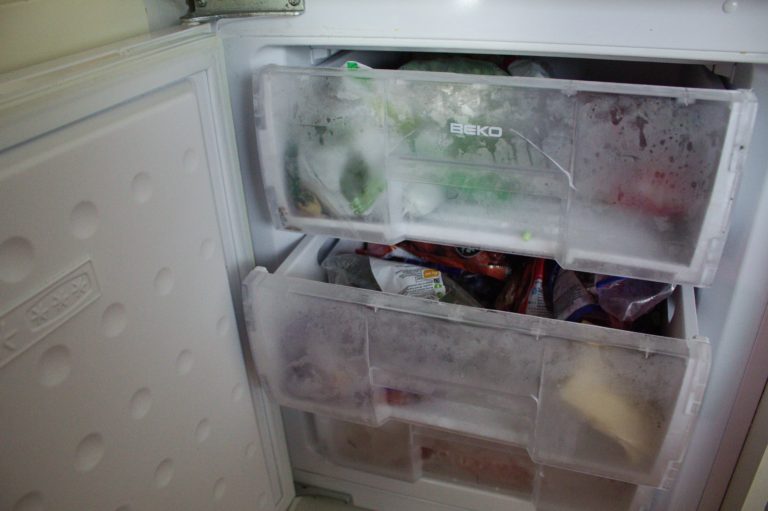Raise your hand if you’re sick to death of being bombarded with conflicting health messages and new diet trends delivering a big old heap of empty promises. I’m guessing that 99% of you just raised your hand (probably metaphorically rather than literally – although if you did raise your hand literally, I respect that).
How we relate to food and eating has changed infinite amounts in the last few decades. Not only do we now live in a culture where food is available in abundance (although I recognise this coincides with food poverty for many people in the UK), we also live in a culture that loves to bestow nutritional “insights” at every opportunity. Social media has exposed us to a plethora of self-proclaimed “nutrition experts” who are all too willing to shed light on what they believe to be the ideal diet. But here’s a tip; your “How to spot a phony 101” – advice is based on personal opinion, often with little or no scientific backing. Seriously, just ask them to please provide solid evidence to their theories and see how many are even able to respond. And no – “‘Donnalovesfitness548′ on Instagram said so” doesn’t count.
Did you know gluten is the worst thing you can eat for your gut? If you don’t know this – you are living under a rock. Maybe the evidence for this is hidden under there with you, because I sure can’t find it. Vegetables are good, so is fibre but my word, stay away from fruit – the sugar is killing us. Also avoid potatoes, corn, grains and anything cooked. You can have bananas before 3pm but after this time they become poisonous so if you eat one at 3.02pm, God help you. Oh, and don’t get me started on meal timings – eat regularly to keep your metabolism “running” but also eat three meals a day and avoid snacking to avoid weight gain. Don’t starve yourself, unless you call it intermittent fasting. Diet culture is cancelled and yo-yo dieting is harmful, hello this is 2019 – but if you want the best for your body, bulking and cutting is the only way.
I honestly feel I need to put a **BIG DISCLAIMER** here to highlight the entire above paragraph is DRIPPING in sarcasm. But it is just a snippet into the information infecting social media every single day.
A few years ago, I truly thought it was great that nutrition was gaining so much interest. Although I was aware of the false information that came alongside it, I thought, “Hey, at least people are talking about their health and nutrition. At least people are interested“. I admit, my mindset was one of “the ends justify the means”. I no longer have that mindset. No doubt social media offers an incredible opportunity as a tool for nutrition education. But time has shown me that simply an increased interest or more discussions about nutrition are not automatically a good thing. In fact, I am absolutely convinced more damage has been caused than good. The constant contradictory messages being spread have done nothing but trigger mass confusion as to what actually is a healthy diet. Fear-based messages and words like “toxic” have become the norm when describing any number of foods and which foods are “good” and which are “bad” seems to be down to much debate. For many, food is no longer enjoyable. Instead, we assume eating for any reason other than hunger is automatically problematic whilst being taught to ignore our inherent hunger and satiety cues. We have become accustomed to obsessing over what’s in every mouthful. Thoughts and choices around food and eating have become riddled with feelings of anxiety and confusion, and instead of satisfying us, leaves us quite the opposite (1).
I am in the blessed position to have studied nutritional science and dietetics for six years now, so I have the tools to be able to wade through the absolute shedload of nutritional bollocks (sorry, there’s no other phrase to use here – it’s the scientific term, I swear) and sort what is fact, what is hopeful thinking and what is straight-up fiction. 99% of the population do not have that privilege. So I get that it is next to impossible to navigate for the vast majority of people. Although I am only starting my career as a dietitian, already I have had to pick up the pieces from the fallout caused by the nonsense spewed on Instagram and mass media.
So what’s the harm? From making people feel they need to spend hundreds of pounds on expensive “health” products and supplements to feeding into poor body image and eating disorders; from causing mass confusion to causing death (see my post on the Alkaline diet) – there is massive harm. Studies have consistently demonstrated that repeatedly being exposed to conflicting messages about nutrition leads to nutritional “disengagement” – i.e. things become so confusing, you just either give up or even completely dissociate with even the most basic and widely accepted nutritional concepts, such as the benefits of fruit and vegetable intake (2). When we start seeing people believe fruit is a problem for health, we have completely lost sight of reality.
Nutritional research is a minefield – I won’t lie. It is incredibly hard to draw definitive conclusions from dietary data because we are all so different, our diets are so complex and there are so many factors playing to “health”. Even for the most qualified and experienced dietitian, it can be challenging to have straight forward answers to nutrition-related questions. But what these conflicting messages and sensationalistic headlines are doing is causing people to believe scientists can’t make up their minds and keep changing their opinion – which is not the case.
And I have had enough.
So, hello – welcome to my little corner of the internet. This space is one I hope you can use to get away from the constant contradictions. A space that has been created by someone who is a foodie through and through, who loves to cook and create, who loves to try new things and experiment with food, who loves to nourish my body, loves to indulge and loves basing my nutritional knowledge on hard fact – not pseudoscience, not dramatic or exaggerative nonsense – scientifically evidenced fact (or at least whatever the strongest science presently suggests).
On here I will post favourite recipes, quick helpful guides and for those serious about delving deeper into the realms of nutrition, some extra juicy numbers to sink your little nashers into.
References
1. Dodds & Chamberlain (2017). The problematic messages of nutritional discourse: a case-based critical media analysis, Appetite, vol.108, pg 42-50. Available online: https://www.sciencedirect.com/science/article/abs/pii/S019566631630469X
2.Nagler (2014). Adverse outcomes associated with media exposure to contradictory nutrition messages. Journal of Health Communication, vol. 19, pg 24-40. Available online: https://www.ncbi.nlm.nih.gov/pmc/articles/PMC4353569/


